Without Great Leadership – We are wasting the Diversity in Analytics Teams
By Liz Moore, Principal Consultant, Beyond Insights Advisory
For the past 20 years the benefits of having diversity within teams has been highlighted by Business Schools and Management Consultants as delivering superior business outcomes from both a revenue, profitability and company cultural perspective. And the evidence is compelling – diverse teams are 35% more likely to outperform competitors; make better decisions 87% of the time; diverse management teams lead to 19% higher revenue. (source: McKinsey D&I Global Report)
These benefits of diversity flow through to the specific work undertaken by analytics teams. In 2019 The World Economic Forum published an article on diversity benefits in AI and Data departments summarised as:
“Non-homogenous teams are more capable than homogenous teams of recognising their biases and solving issues when interpreting data, testing solutions or making decisions”
Analytic teams which are made of people from different backgrounds, genders, ethnicity, training, experiences and ways of thinking bring different perspectives to problems, and projects result in better outcomes, primarily through challenging bias and groupthink. Broadly these benefits are seen in 5 key areas:
Enhanced creativity and innovation – diverse teams bring wider perspectives and experiences to any project, new ways of looking at a project are unlocked.
Improved problem solving skills – the team approach problems from an increased number of angles and consider different perspectives, leading to more robust solutions.
Better Decision-Making – a broader range of viewpoints reduces bias through getting the group to consider the potential impacts of the decision on a broader group of people.
Increased Agility and Responsiveness – teams which reflect the diversity of the customer base are more likely to consider the different needs and preferences of the different groups of customers. Reducing product development cycle times.
Fostering a Culture of Learning – team members can learn from each other’s diverse experience.
All of these are amazing benefits which and Analytics leader should strive for – bring on diversity in our teams.
I’d argue that hiring a diverse team is a necessary but not a sufficient condition for unlocking the diversity benefits. I’m not underestimating the difficulty of hiring for diversity, but however challenging it is to ensure that your analytics team is diverse across a range of factors, the hard work, and it is really hard work, is in creating the right culture and environment which allows your analytics team members to feel they can step in and contribute their uniqueness to each project, every day. The “diversity dividend” can only be unlocked through effective inclusion of everyone’s ideas and points of view. Just having a woman on the project team is not enough if you haven’t created the conditions which will allow for her to effectively express views which may differ from the others in the team. Challenging bias in thinking, datasets and approaches requires people being able to express views which are different from others in the room without fear.
Analytics Leaders need to design and implement systems and process which allow for effective inclusion of the diversity in the teams of people they have hired. Everyone in the team needs to be able to contribute their unique point of view in a way which is heard, understood and incorporated into the work. How many times have you sat through a Brainstorm session only to have the same handful of people wildly and excitedly express their views, while there’s a group in the room who remain silent, shifting quietly in their chairs, avoiding eye contact. The traditional Brainstorming sessions work well for some – these people are energised by the backward and forwarding of ideas, they love having an idea challenged and building to a better outcome, leaning into the discussion, all done in front of their peers. For others, the brainstorm session is not where they thrive. Some people need quiet space and time to reflect on the issues at hand, they find that writing a measured response to a problem is the best way for them to contribute, rather than voicing a view in front of everyone. Both perspectives are important and acknowledging that team members may require different systems and processes to contribute effectively is an essential aspect of analytics leadership.
Analytic leaders need to get to know their people individually, find out the best way each person can contribute and purposefully design ways to make this happen. Including team members in the design of systems and processes is one of the best ways to ensure that the process will enable each team member to effectively contribute.
It’s also important that team members get to know each other and how to get the best out of working together. I’ve worked with a peer who has preferred to communicate through emails, they wanted time to think about an idea and provide considered feedback, before having a measured conversation. Other peers have relished jumping into a meeting room with a white board, drawing up the potential solutions with smelly pens and having a good debate through the options. Both are valid and considered ways to assess options and I’d get two different and interesting ways to think about a problem. The more I got to know my peers, the more effectively I could engage them in analytic problem solving. The more team members get to know each other and understand the best way for each of their peers to contribute, the more the team will benefit from the dividends of diversity.
Diversity in analytics is one our profession’s super-powers. Analytics attracts people from many cultures, backgrounds, and academic disciplines. The best analytics leaders create inclusive the environments when each person can contribute in ways which leverages unique ways of approaching analytics projects. Training our analytic leaders of the future in building and leading diverse teams is critical to unlocking the value of our profession.
